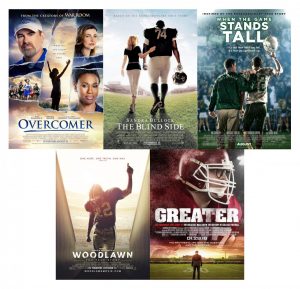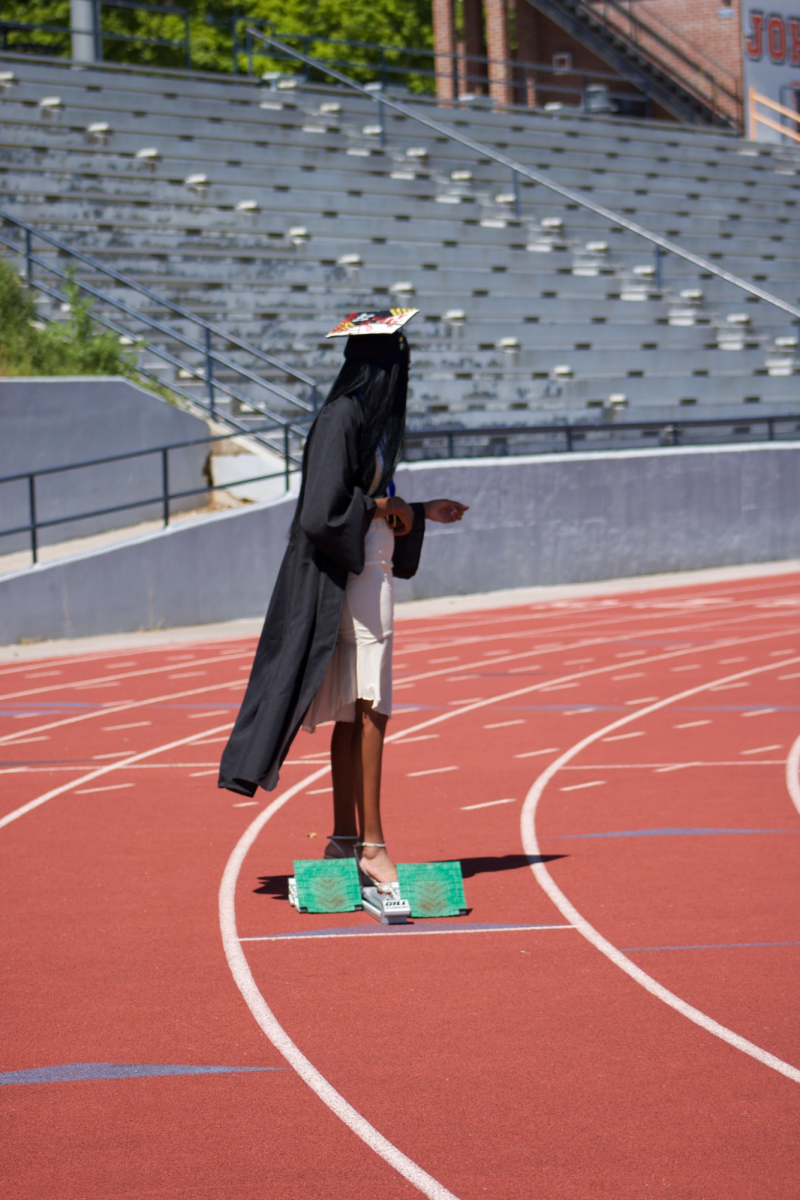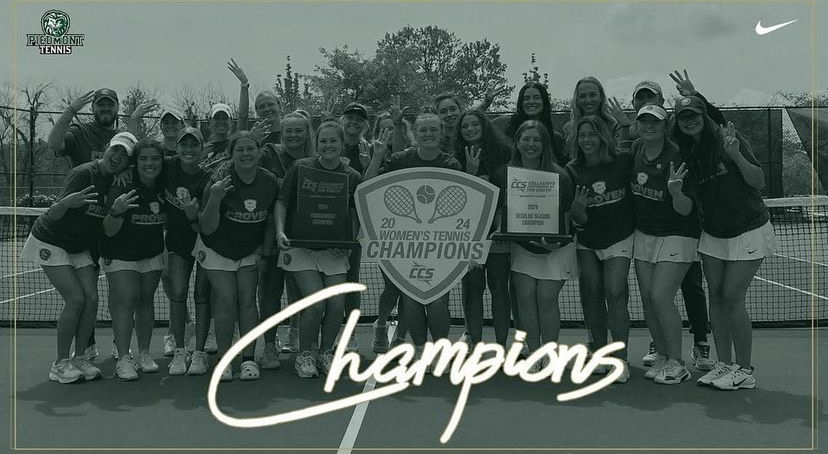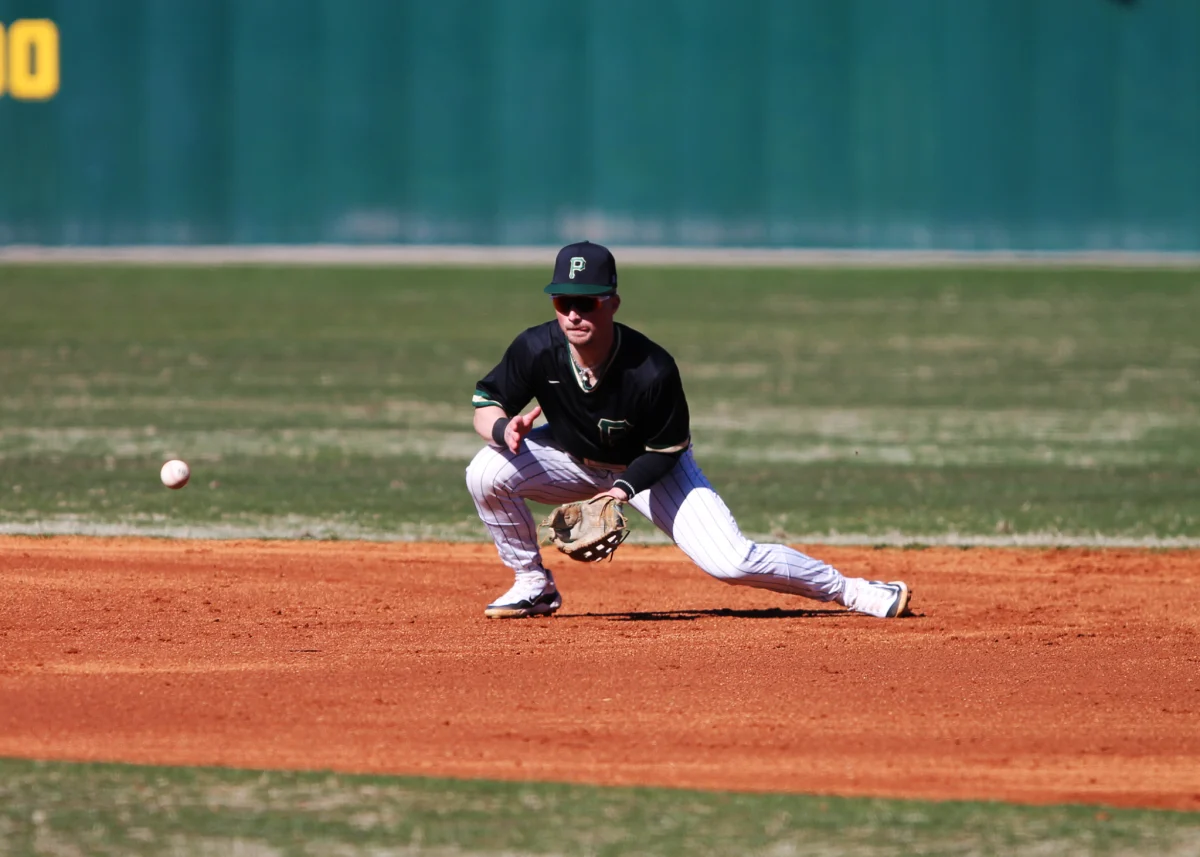The Internal Playing Field
October 24, 2022
For many athletes, the battle on the field pales in comparison to the internal battle going on in their minds.
For example, Simone Biles is a 25-year-old world-renowned gymnast. Throughout her career, Biles has earned numerous accolades, including 32 World Championship medals (19 gold), seven Olympic medals (four gold), and is a three-time recipient of the Laureus World Sports Award. At the 2020 Tokyo Summer Olympics, Simone Biles went to social media to announce she was stepping back from the competition after feeling like her “mind and body are simply not in sync.” After this announcement, some people felt as if they needed to comment about their feelings on the decision, criticizing Biles saying she quit out of fear after not performing well that first day of competition. Some seem to believe that if you are a professional athlete, you’re immune to depression or any other mental illness.
In March and April 2022, there were five NCAA athletes that committed suicide; Sarah Shulze, a junior on the Wisconsin Badger’s track and field and cross country teams; Jayden Hill, a 19-year-old track and field athlete at Northern Michigan University; Robert Martin, a graduate student and lacrosse player at Binghamton University; Lauren Bernett, a sophomore softball player at James Madison University; and Katie Meyer.
Meyer was a 22-year-old star soccer player from Stanford University. Last March, Katie was found dead in her dorm room; it was later confirmed by her parents it was a suicide. Katie was often described by her teammates and her parents as “larger-than-life.” It never seems to click to institutions and teachers that athletes are still human and even if they aren’t showing “red flags,” they still deserve a check-in.
There must be a point where we, as a society, take a step back and realize the amount of pressure we put on others and ourselves. No matter how much we try to normalize talking about mental health, there is still this stigma that mental health is just another word for weakness. How many more deaths are we going to let happen before we figure out a way for athletes to feel comfortable talking about the pressures, without feeling judged?
A lot of universities seem to only talk about resources at certain times – like suicide prevention month or when a tragedy happens. This is being reactive rather than proactive. If students and athletes knew what their options were and felt comfortable using them, maybe they wouldn’t feel like suicide is the only way.
Maybe if society treated each other like humans, we wouldn’t feel this pressure to be the best, and anything less than that is worthless. Let’s stop judging athletes and consider their mental health, helping them win the battle in their minds.





















